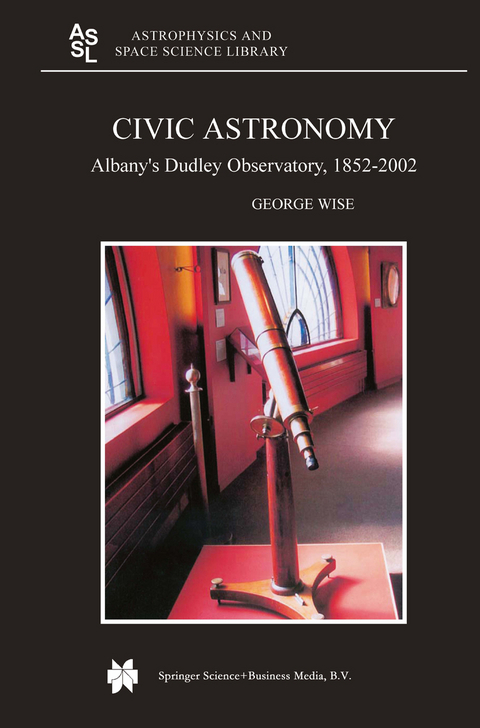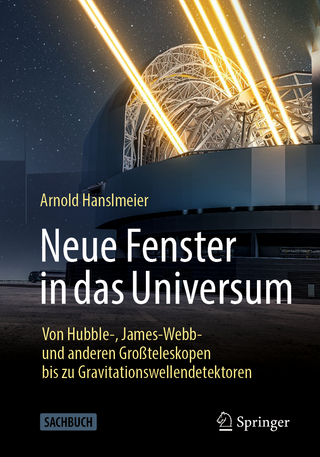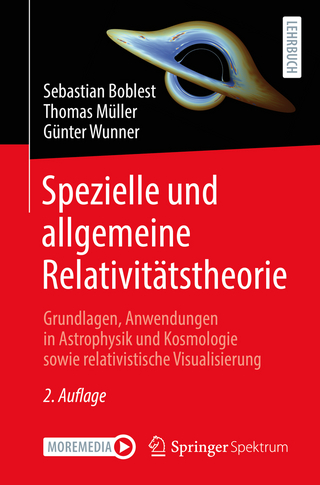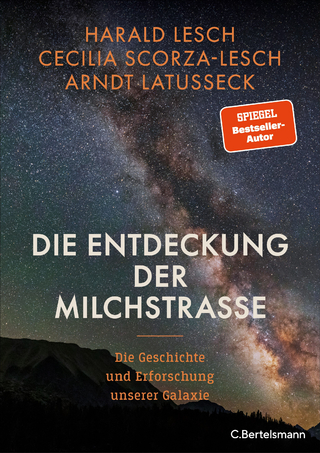
Civic Astronomy
Springer (Verlag)
978-90-481-6702-9 (ISBN)
Seeing From and Being Seen.- The Dudley Observatory’s first 150 years as an expression of scientific aspiration and civic pride offers a new perspective on the evolution of astronomy in the United States.- Star War.- The Dudley Observatory is created with the mission of mapping the stars, then nearly destroyed by a bitter feud carried out by its trustees and its Scientific Council.- Time of Troubles.- As American astronomy matures during the 19th century, the Dudley Observatory falls behind.- Disciplined Dreamer.- A self trained astronomer, Lewis Boss, combines organizational skills and scientific vision to re-energize the Dudley Observatory.- Scientific Sweatshop.- With the aid of the Carnegie Institution, Lewis Boss turns the Dudley Observatory into an efficient workshop for mapping the positions and motions of tens of thousands of stars.- Harvest.- Lewis Boss uses his own star catalog to make significant contributions to stellar astronomy, providing a new rung on the cosmic distance ladder.- Consumed by the Catalogue.- In the course of fulfilling its promise to the Carnegie Institution to provide a General Catalogue of the positions and motions of all the stars easily visible from earth, the Dudley Observatory falls asleep as a research institution.- Dust Collectors.- The space age, and another dynamic leader, Curtis Hemenway, re-ignite the Dudley Observatory’s research, but then fall victim to a conjunction of scientific and financial problems.- Afterlife.- The Dudley Observatory’s 150 years history shows some reason why civic science, believed in the 1850s to be the best route to world class U.S, science, did not in fact become the way the U.S emerged as a scientific power.- References.
| Erscheint lt. Verlag | 8.12.2010 |
|---|---|
| Reihe/Serie | Astrophysics and Space Science Library ; 316 |
| Zusatzinfo | X, 216 p. |
| Verlagsort | Dordrecht |
| Sprache | englisch |
| Maße | 155 x 235 mm |
| Themenwelt | Geisteswissenschaften ► Geschichte |
| Naturwissenschaften ► Physik / Astronomie ► Astronomie / Astrophysik | |
| ISBN-10 | 90-481-6702-7 / 9048167027 |
| ISBN-13 | 978-90-481-6702-9 / 9789048167029 |
| Zustand | Neuware |
| Haben Sie eine Frage zum Produkt? |
aus dem Bereich


